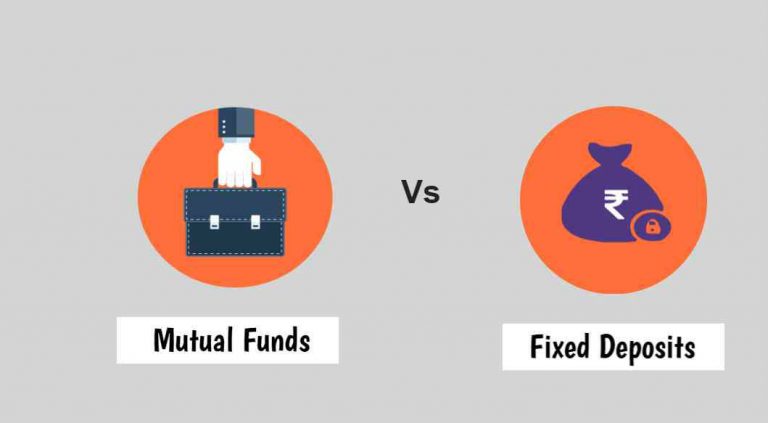There’s a reason why most individuals prefer FDs as credible investment alternatives. For investors, fixed deposits have maximum safety concerning returns. This is because returns herein remain unaffected by any market fluctuation. Stable returns, definitely count for a considerable favour in the eyes of risk-averse investors.
Needless to say, aversion to risk for an investor increases post-retirement. Income after retirement goes down by a considerable measure. Hence, all that a prospect depends on would be investment income. This is why retired people look for investments that are least inclined to risks. Consequently, an FD would undoubtedly gain maximum preference in the eyes of a senior citizen prospect.
Why would one choose to invest in a FD, in times when many would prefer mutual funds?

1. Stability of Returns
As stated earlier, fixed deposits provide stable returns. Furthermore, FD interest rates for senior citizens are higher by a great margin. Companies like Bajaj Finance, for instance, offer interest rates beginning from 8.45% for senior citizens.
One might argue that mutual funds provide higher returns as compared to FD interest rates. In rising markets, this might as well be valid, but here is a very pertinent factor that affects investment decisions of the retired class.
Returns from mutual fund investments are dependent on market tendencies. When markets rise, these returns soar high; similarly, when markets aren’t doing well, these very returns take a hit.
2. High Liquidity
Another factor that makes fixed deposits preferable to senior citizen investors is high liquidity. Fixed deposits are highly liquid, that is, they can be easily withdrawn in cases of immediate financial crisis, after preceding a minimal part of the regular FD interest rates.

Mutual funds, on the other hand, are far less liquid, since, withdrawal from a mutual fund scheme implies a penalty in the form of a hefty exit load. This again is something that senior citizen investors would prefer to avoid. After all, why pay the penalty when there’s an avenue of investment that would allow easy access to funds when in need?
3. Ease of Tax Calculation
The calculation of tax on FD interest amounts is a vital factor that influences one’s investment decision as well. Computation of interest on fixed deposits has never been more straightforward, with the availability of online FD calculators. These calculators also facilitate the calculation of taxes on fixed deposits, once one has an estimate of the interest income.
Calculation of taxes on fixed deposits is simple as there is no distinction between short-term and long-term investment. Whatever interest one receives on a fixed deposit, irrespective of the FD interest rates is added to the total income, and tax is calculated accordingly. Also, in case the total FD interest income of a senior citizen investor goes higher than Rs. 10,000 in a year, he/she is eligible for tax exemptions by submitting form 15H. Moreover, if the annual income of a senior citizen doesn’t fall within the taxable income bracket, no tax is deducted at source.
4. Tax Benefits
In addition to this, tax benefits can always be availed by investing in tax-saver fixed deposits. These deposits come with the same FD interest rates as others, yet, they have an attached deduction under Section 80C of the Income Tax Act. Such tax-saving fixed deposits have a lock-in period of 5 years.

Nevertheless, investment in fixed deposits comes with two advantages added to them. For one, an investor could avail multiple schemes to invest in for varying periods. Secondly, these ensure a regular flow of investment income owing to stable FD interest rates.
Companies like Bajaj Finserv have an added advantage here. This is higher FD interest rates as compared to bank FDs. Interest rates for senior citizens begin with a minimum rate of 8.45%. Apart from that, there are several other benefits that these fixed deposits have.
Assured stability owing to ratings of MAAA by ICRA and FAAA by CRISIL.
Online management of accounts, due to the presence of online booking, renewal, and withdrawal facilities. This adds to the convenience of managing fixed deposit accounts.
Hence, it is always preferable to go for a fixed deposit than to opt for a mutual fund, particularly post-retirement.
[zombify_post]


